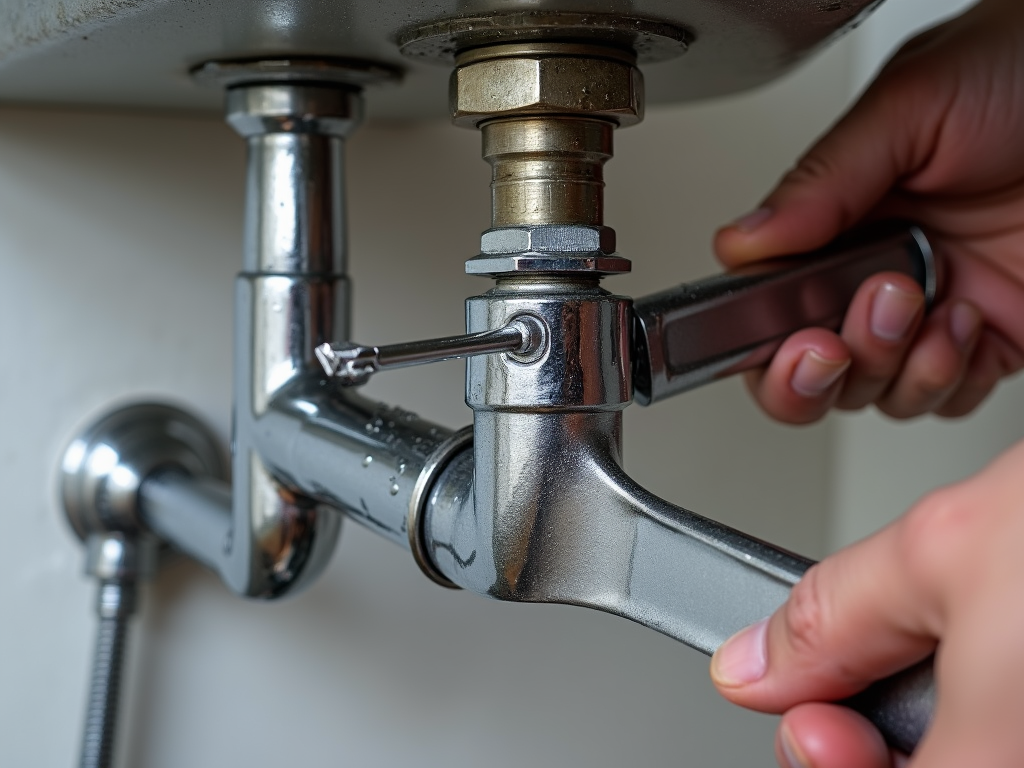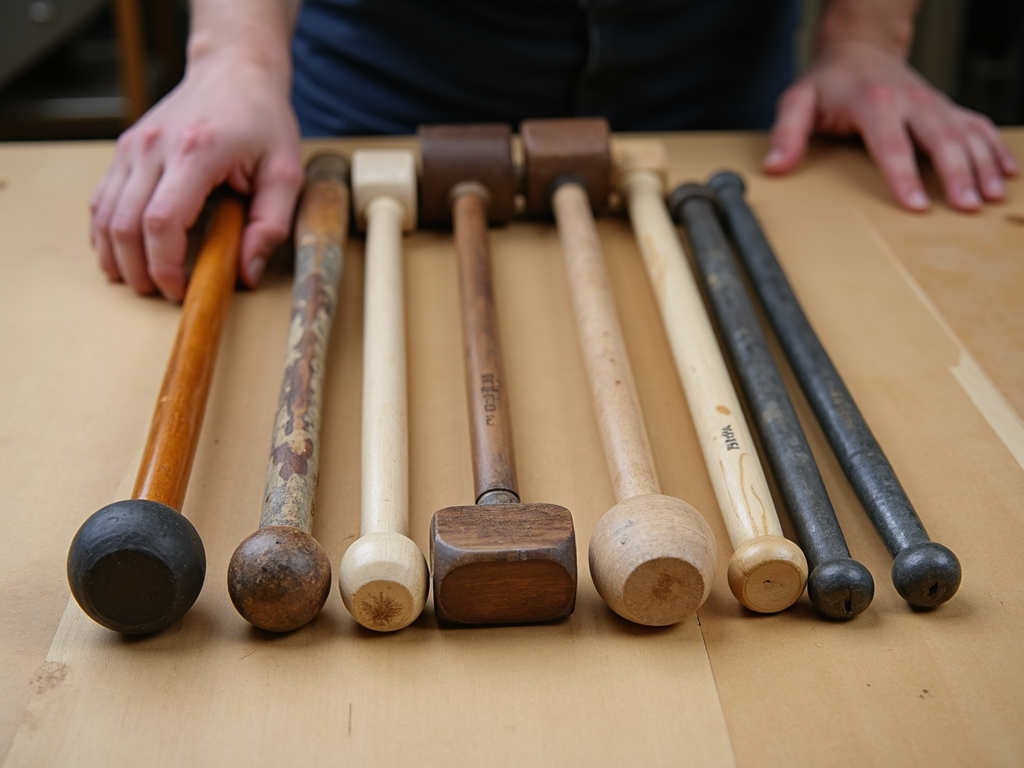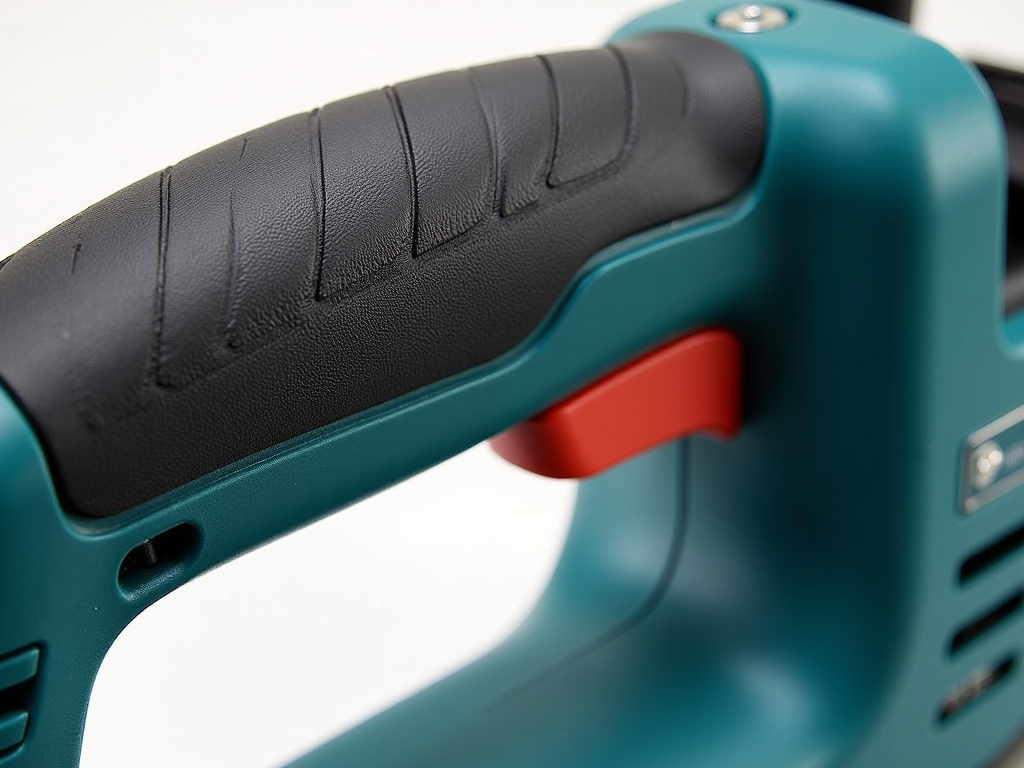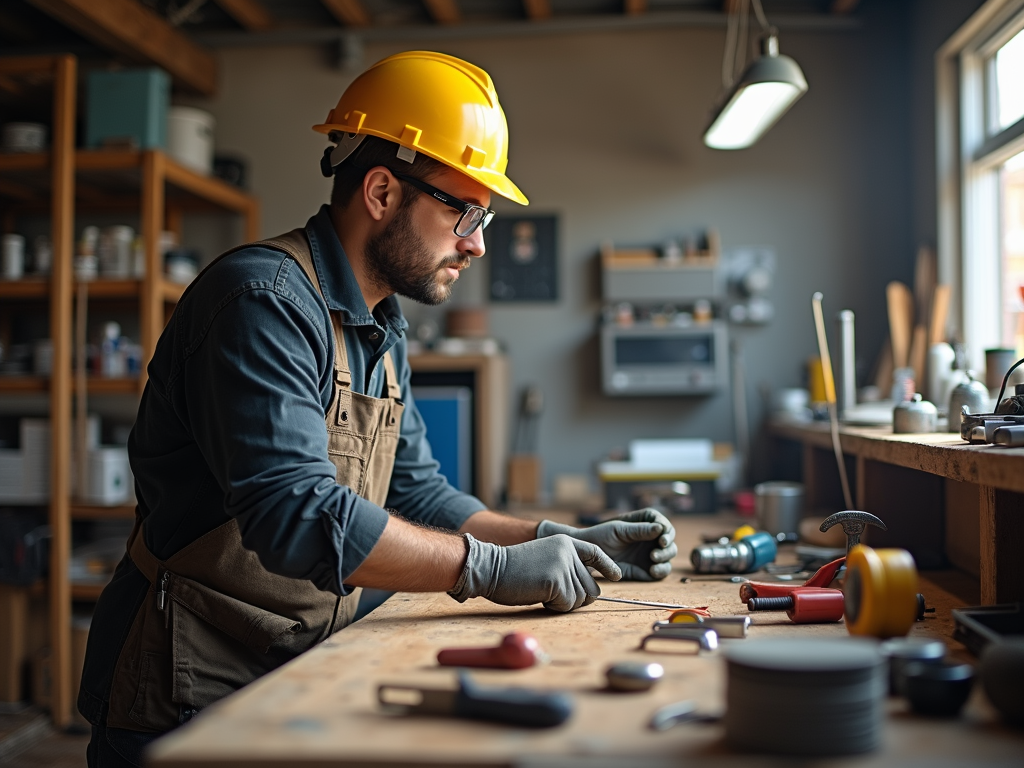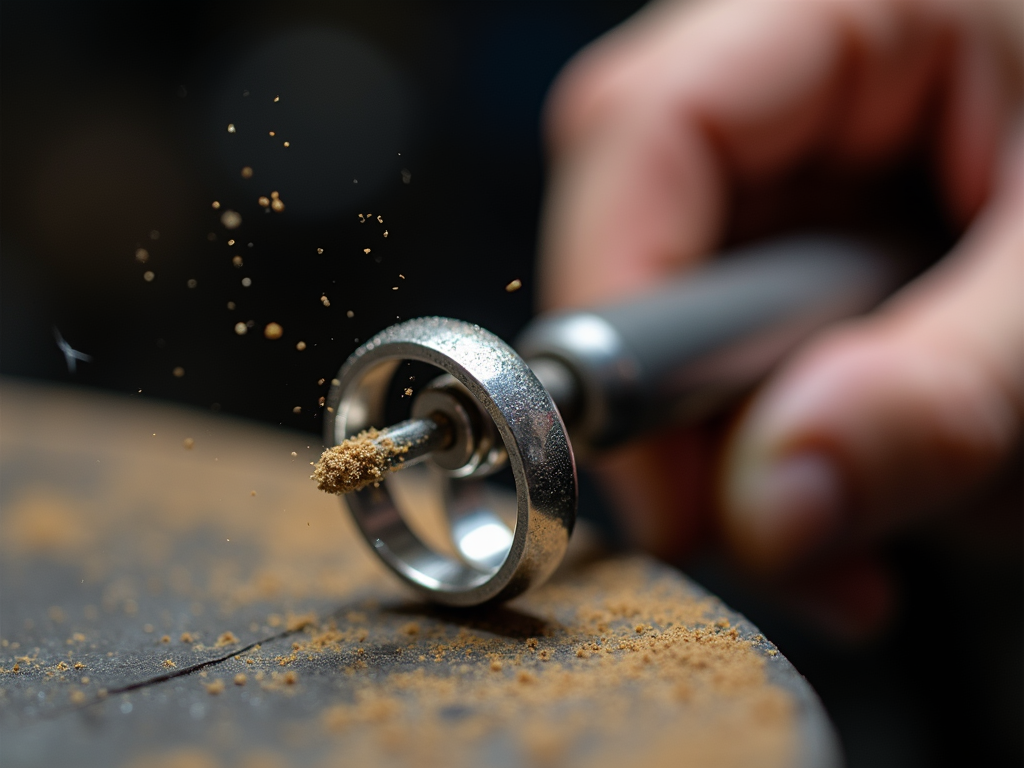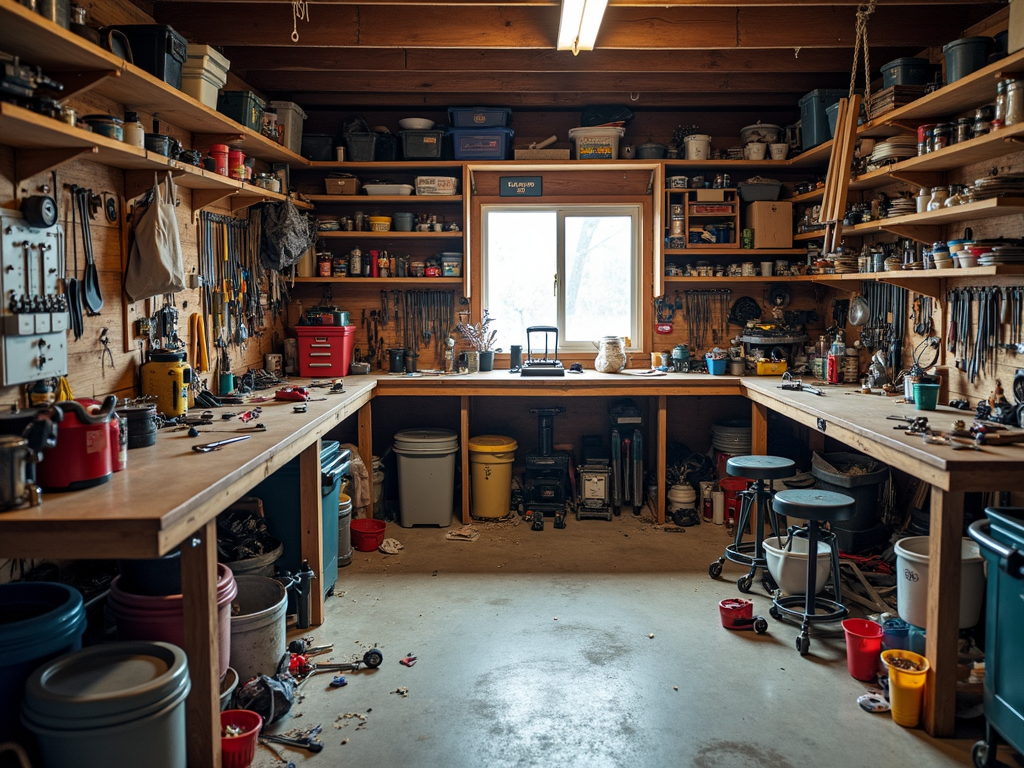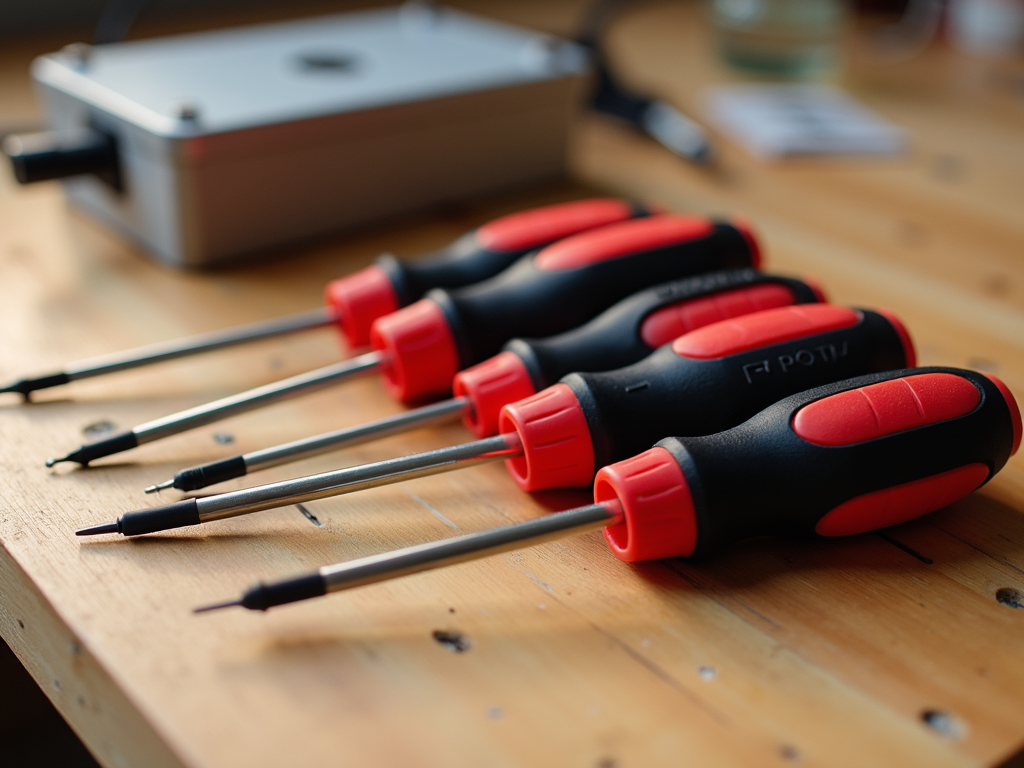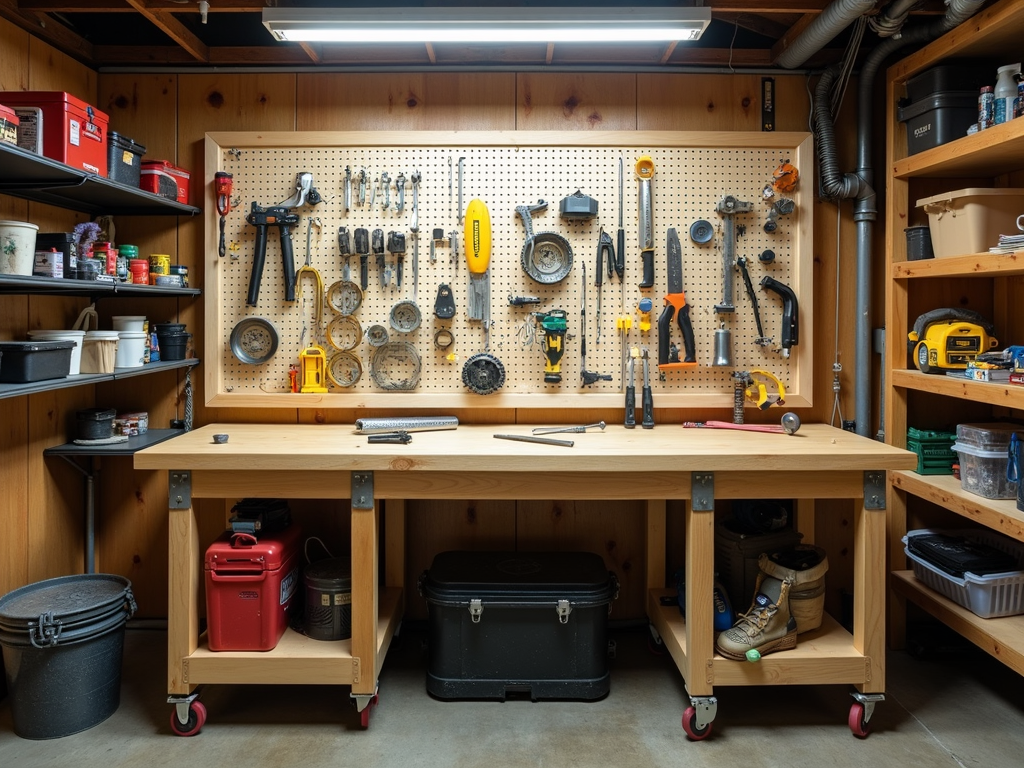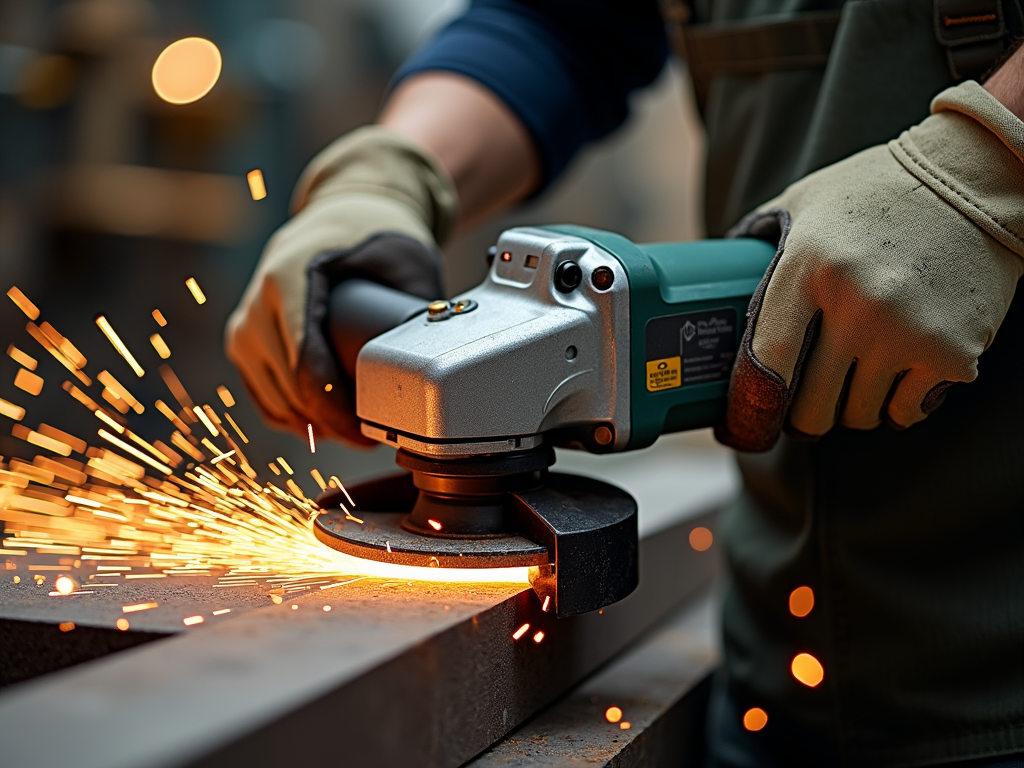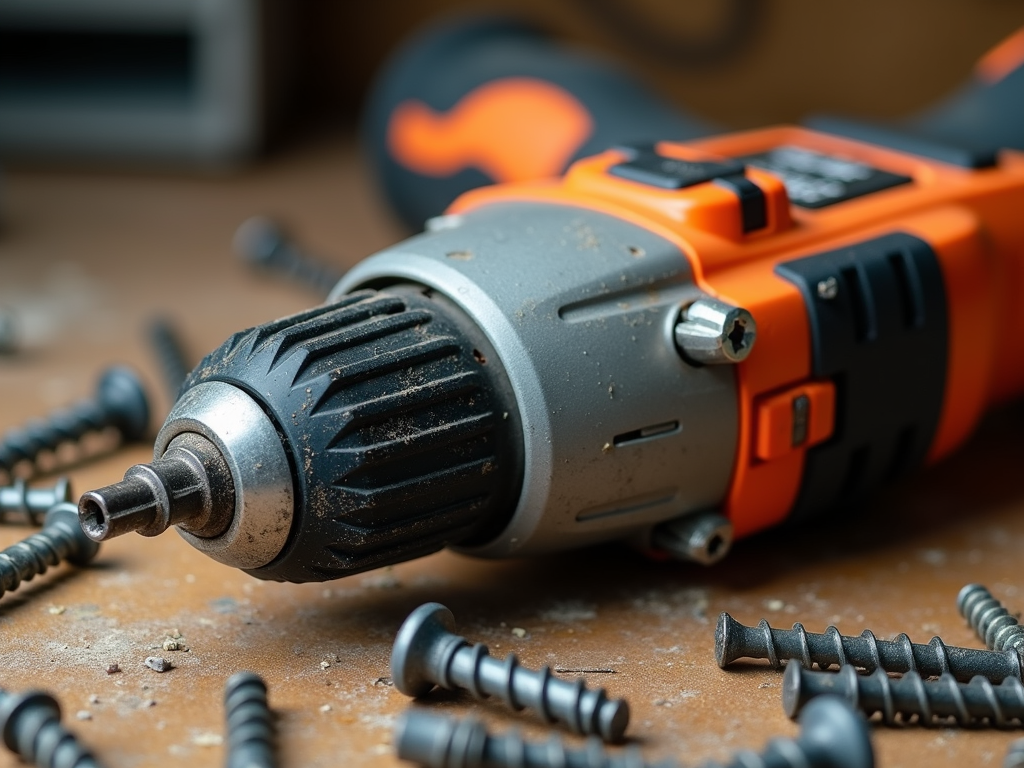Choosing the right tools for your plumbing needs is crucial for ensuring that your projects are completed efficiently and effectively. Whether you're a professional plumber or a DIY enthusiast, having the appropriate tools can make a significant difference in the quality of your work and the time it takes to complete tasks. In this guide, we'll explore the essential tools every plumber should have, specialized tools for specific tasks, and tips on how to choose and maintain your tools.

Every plumber, whether professional or amateur, should have a set of basic tools that are versatile and can be used for a variety of tasks. These tools are the foundation of any plumbing project and include items such as wrenches, pliers, and pipe cutters.
-
Wrenches: Wrenches are indispensable in plumbing. They are used to tighten and loosen nuts, bolts, and fittings. There are several types of wrenches that are particularly useful in plumbing, including adjustable wrenches, pipe wrenches, and basin wrenches. An adjustable wrench is versatile and can be used for various sizes of nuts and bolts, while a pipe wrench is specifically designed for gripping and turning pipes. A basin wrench is essential for working in tight spaces, such as under sinks.
-
Pliers: Pliers are another must-have tool. They can be used for gripping, twisting, and cutting. Needle-nose pliers are great for reaching into tight spaces, while tongue-and-groove pliers (also known as channel locks) are excellent for gripping larger objects.
-
Pipe Cutters: Cutting pipes accurately is crucial in plumbing. Pipe cutters allow for clean, precise cuts on various types of pipes, including copper, PVC, and steel. There are different types of pipe cutters, such as wheel cutters and ratcheting cutters, each suited for different materials and situations.
-
Plunger: A plunger is a simple yet essential tool for unclogging drains and toilets. It's often the first line of defense against minor blockages.
-
Plumber's Tape: Also known as Teflon tape, plumber's tape is used to seal pipe threads and prevent leaks. It's a small but crucial item in any plumber's toolkit.
These are just a few of the essential tools. Depending on the complexity of your projects, you may need additional tools, but these form the core of any plumbing toolkit.
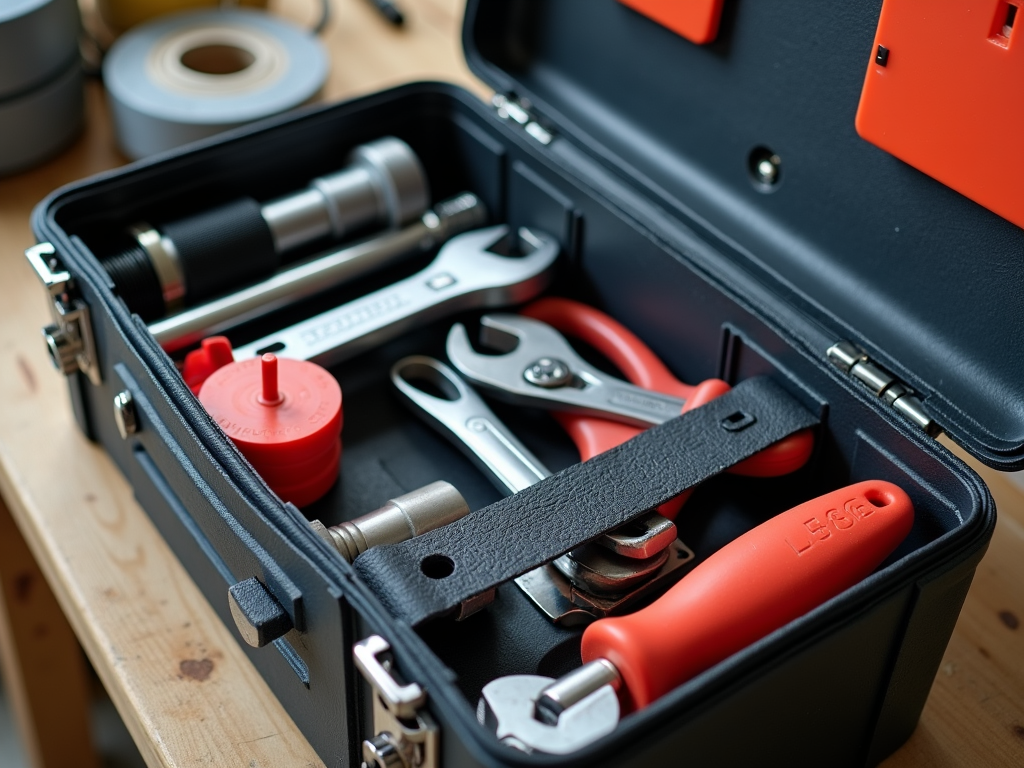
While the essential tools cover a wide range of tasks, there are certain plumbing jobs that require specialized tools. These tools are designed for specific purposes and can make complex tasks much easier.
-
Pipe Threader: For creating threads on pipes, a pipe threader is necessary. This tool allows you to cut precise threads so that pipes can be screwed together securely.
-
Pipe Bender: When working with copper or other malleable pipes, a pipe bender is used to create smooth bends without kinking the pipe. This is essential for routing pipes around obstacles.
-
Drain Auger: Also known as a plumbing snake, a drain auger is used to clear stubborn clogs in drains and sewer lines. It can reach deeper into pipes than a plunger and is effective against tough blockages.
-
Pipe Inspection Camera: For diagnosing issues within pipes, a pipe inspection camera is invaluable. It allows you to see inside pipes and identify problems such as leaks, blockages, or damage without having to disassemble the plumbing system.
-
Soldering Torch: When working with copper pipes, a soldering torch is used to join pipes and fittings together. This requires skill and precision but is a fundamental technique in plumbing.
These specialized tools may not be needed for every project, but having them on hand can save time and effort when specific tasks arise.
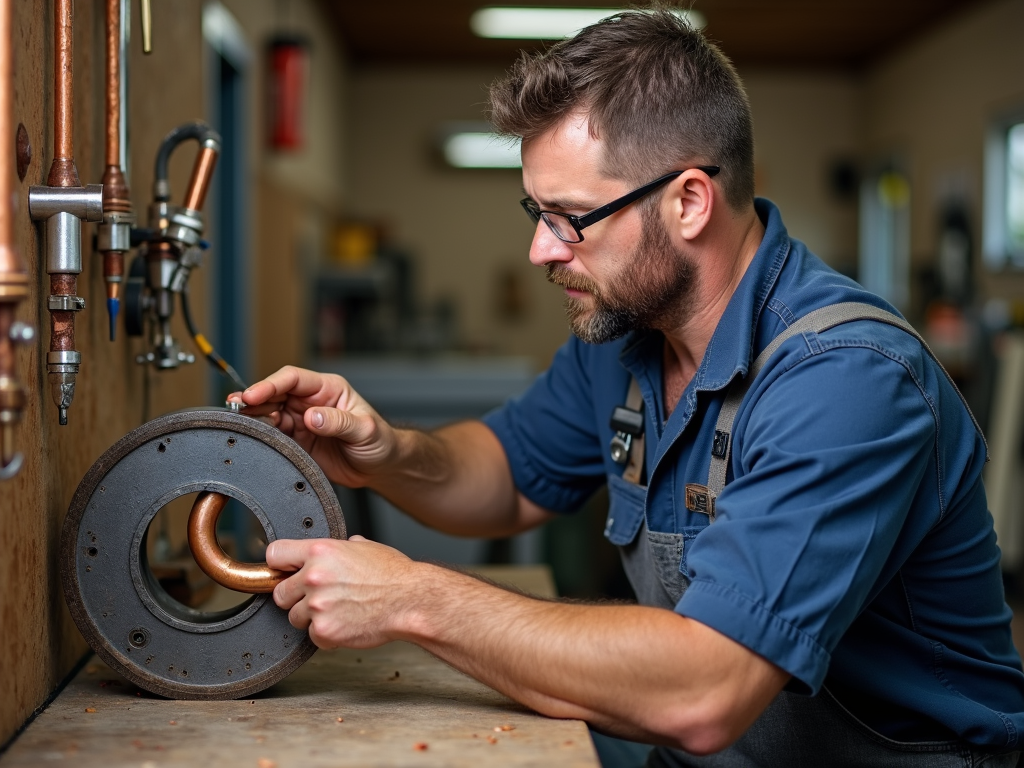
Selecting the right tools for your plumbing needs involves considering several factors. Here are some tips to help you make informed decisions:
-
Quality Over Price: While it might be tempting to opt for cheaper tools, investing in high-quality tools can save you money in the long run. Quality tools are more durable, perform better, and are less likely to cause damage to your plumbing system.
-
Ergonomics: Tools that are comfortable to use can make a big difference, especially for extended periods. Look for tools with ergonomic handles and designs that reduce strain on your hands and wrists.
-
Versatility: Whenever possible, choose tools that can be used for multiple purposes. For example, an adjustable wrench can handle various sizes of nuts and bolts, reducing the need for multiple wrenches.
-
Brand Reputation: Stick with reputable brands known for producing reliable plumbing tools. Research reviews and ask for recommendations from experienced plumbers or DIYers.
-
Warranty and Support: Check if the tools come with a warranty or customer support. This can be helpful if you encounter any issues with the tools.
-
Size and Fit: Ensure that the tools are the right size for the tasks you'll be performing. For example, using a wrench that's too small or too large can strip nuts and bolts.
By considering these factors, you can build a toolkit that meets your specific needs and helps you tackle plumbing projects with confidence.
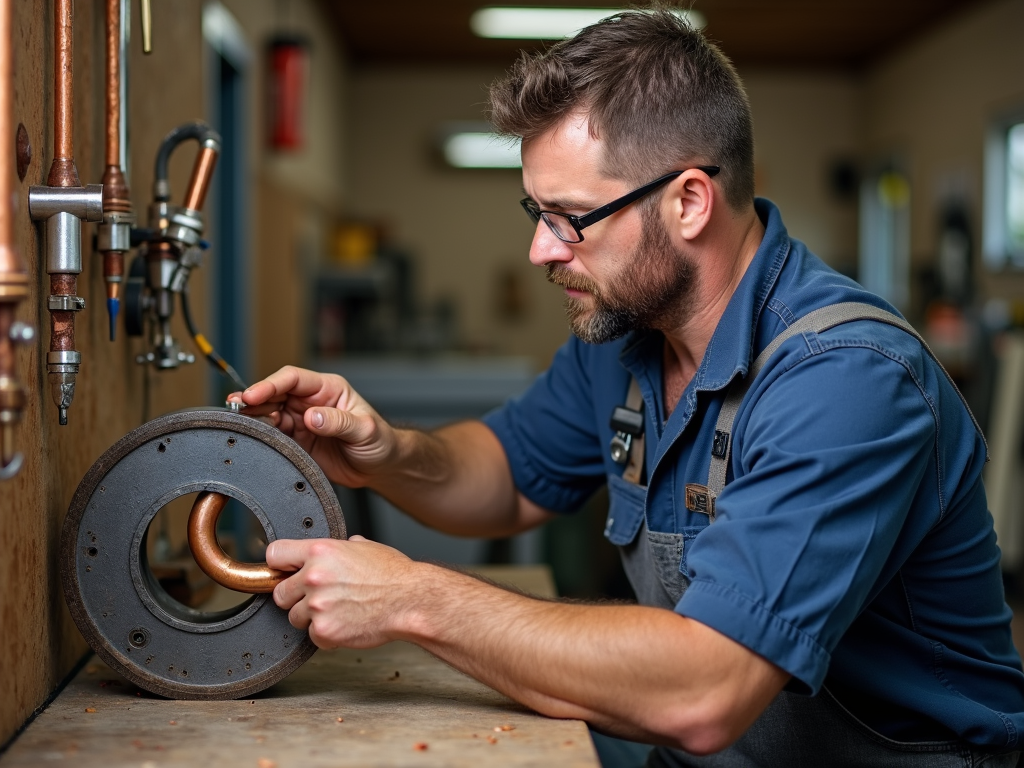
Proper maintenance of your plumbing tools is essential to ensure they last long and perform well. Here are some tips for keeping your tools in top condition:
-
Clean After Use: Always clean your tools after each use to remove dirt, grease, and moisture. This prevents rust and corrosion.
-
Store Properly: Store your tools in a dry, organized place. Use toolboxes or pegboards to keep them accessible and protected.
-
Lubricate Moving Parts: For tools with moving parts, such as wrenches and pliers, apply a light lubricant to keep them functioning smoothly.
-
Inspect Regularly: Periodically check your tools for signs of wear or damage. Replace any tools that are worn out or broken to avoid accidents.
-
Sharpen Blades: For tools with blades, such as pipe cutters, keep the blades sharp for clean cuts. Dull blades can cause jagged edges and make work harder.
By taking care of your tools, you not only extend their lifespan but also ensure that they are safe and effective to use.
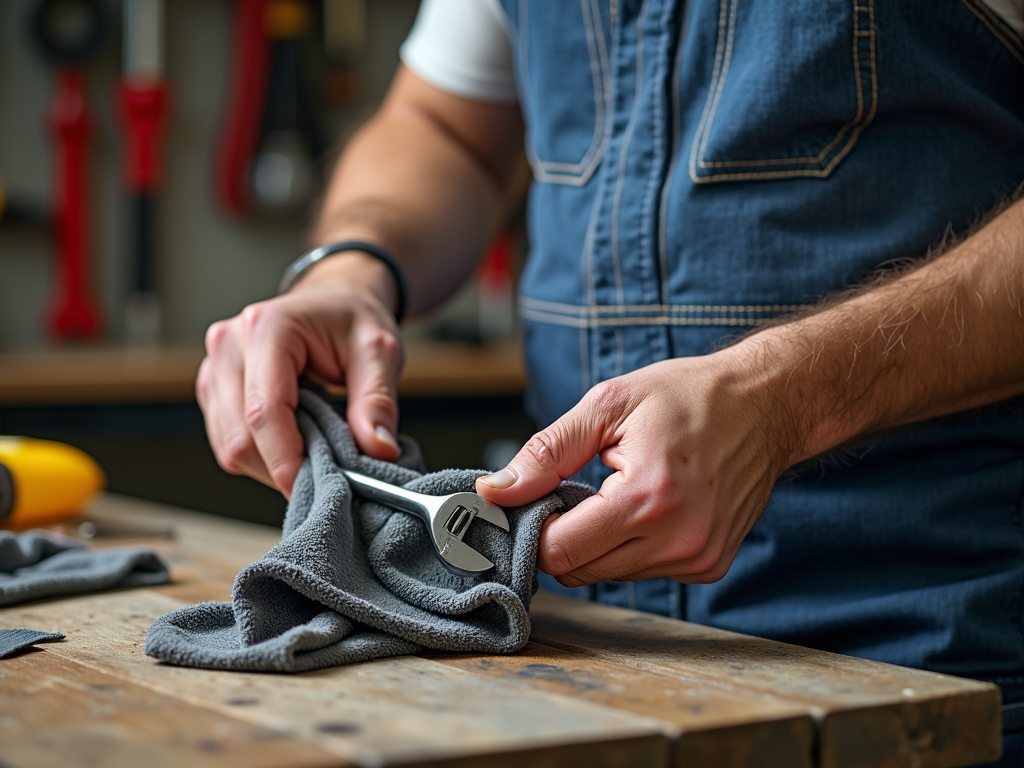
Choosing the right tools for your plumbing needs is a critical step in ensuring the success of your projects. By understanding the essential and specialized tools available, knowing how to select them based on quality and functionality, and maintaining them properly, you can tackle any plumbing task with confidence. Remember, investing in good tools is investing in the quality of your work.
Related Choosing the Right Tools for Your Plumbing Needs:
- Top 10 Plumbing Tools Every DIYer Should Own
- How to Clean and Maintain Your Workman Tools
- Mastering the Mallet: A Guide to Perfect Hammering Techniques
- Ergonomic Workman Tools for Comfort: Enhancing Your Workday with Electrical Tools
- Essential Workman Tools for Beginners: A Comprehensive Guide
- Guide to Jewelry Making Tools: Everything You Need to Know
- The Ultimate Guide to Safe Tool Storage
- Top 10 Electrical Tools Every Homeowner Needs
- DIY Workbench Plans for Small Spaces: Maximize Your Workshop Efficiency
- Power Tools for Metalworking: Your Ultimate Guide
- Visualizing the Future: How AI and Automation Are Shaping Industry
- Top 10 Must-Have Modern Workman Tools for Every DIY Enthusiast
